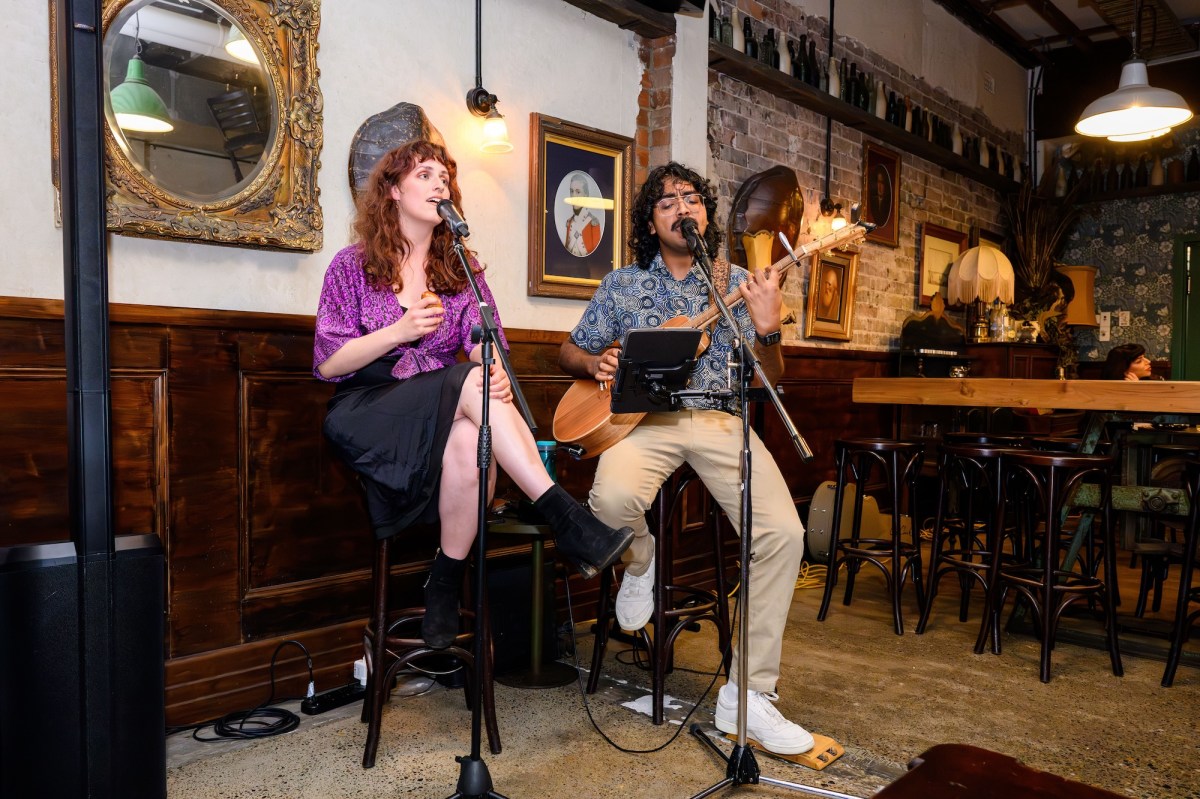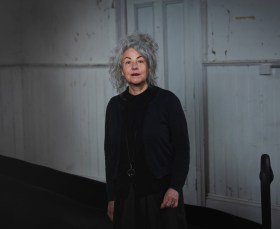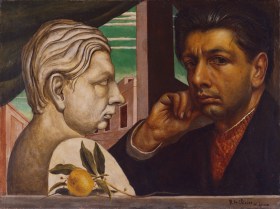Over the weekend (27 September), NSW Minister for the Arts John Graham celebrated the announcement that a ‘red tape overhaul frees up venues and outdoor events’. It has been long in coming, and for most of sector it is welcomed.
The announcement continued: ‘The next round of Minns Labor Government vibrancy reforms is amping up culture, making it easier for councils, businesses and communities to stage events, host live performances and activate outdoor spaces.’
The news, however, comes off the back of significant funding cuts to NSW arts venues over both four and two-year funding cycles. And while it may free up regulations for the gig economy and performing arts sectors, the overall ecology for the arts continues to reel from top-down pressures.
NSW Arts Minister: All love for a night-time economy
Graham, who is also Minister for Music and the Night-time Economy, explains: ‘These changes will increase entertainment options and boost the bottom line for businesses.’
There’s the key, ‘for businesses’. Freeing up red tape regulations may make it simpler for cafes, bars, restaurants and venues to host events and extend trading hours, but one wonders just how much this will contribute to increased income for creatives, musicians, and gig workers over the hospitality sector – which feels like the real winner here.
Graham continues: ‘We are now cutting planning red tape to boost vibrancy.’
Read: Belly punch to craft sector lacks respect: ADC in potential freefall
The formal statement reads that the pivot ‘responds to the recent NSW Productivity Commissioner’s report, which highlighted a potential $8 billion uplift in the NSW night-time economy if unnecessary red tape was reduced to allow venues and events to expand their offering.’
Freeing up where, and how, performers can utilise music venues will have a knock-on economic impact for them, and for destinations at large. A bonus, however, seems to be dropping development applications to present a pop-up maker’s market, for example, in a community park.
But one has to remember, many of those still struggling bricks and mortar arts organisations, largely, don’t offer night time gigs, and were they to do so, it would mean more programming costs. It’s like a leg has been cut off to save an arm. And, it costs the NSW Government nothing.
NSW Arts Minister: Music sector to benefit
Not everyone is worried about the cost of this pivot. Singer-songwriter Jack River said of the announcement: ‘As an artist and a former festival organiser, I welcome these reforms … Our pubs, clubs and venues should be supported and encouraged to feature Australian artists – these reforms do just that!’
River’s sentiment was echoed by Oli Leimbach of Lime Cordiale, who said: ‘I’ve been worried that young Australians are losing the habit of going out to see live music.’ He continued: ‘This is such a positive step in the right direction … Making gigs easier to put on will push the Australian music scene forward, give new bands a stage, and strengthen our festival culture.’
NSW Arts Minister: Outlines what the changes look like
Simply, it is about paperwork. The NSW Government states the new policy ‘will reduce the amount of time it takes to have an event, gig or festival approved by the local council or state agency, removing outdated and lengthy planning pathways for simple and fun events’.
- Live entertainment like music, comedy, theatre, book readings, and other performances can now occur both indoors and outdoors without a development application as long as it begins after midday.
- Events like street fairs and community festivals on public land will no longer need development applications, making it simpler and more affordable for communities to activate town squares, streets and parks.
- Venues and registered clubs will able to increase patron numbers by up to 30% without a development application through outdoor seating.
- Shops, cafes and other unlicenced venues will be able to keep their doors open longer during big local events like street fairs with councils able to declare special trading hours, boosting tourism and foot traffic.
- Farmgate operators, like cellar doors and on-farm cafes can now activate outdoor dining without lodging a development application, supporting regional and local food tourism.





